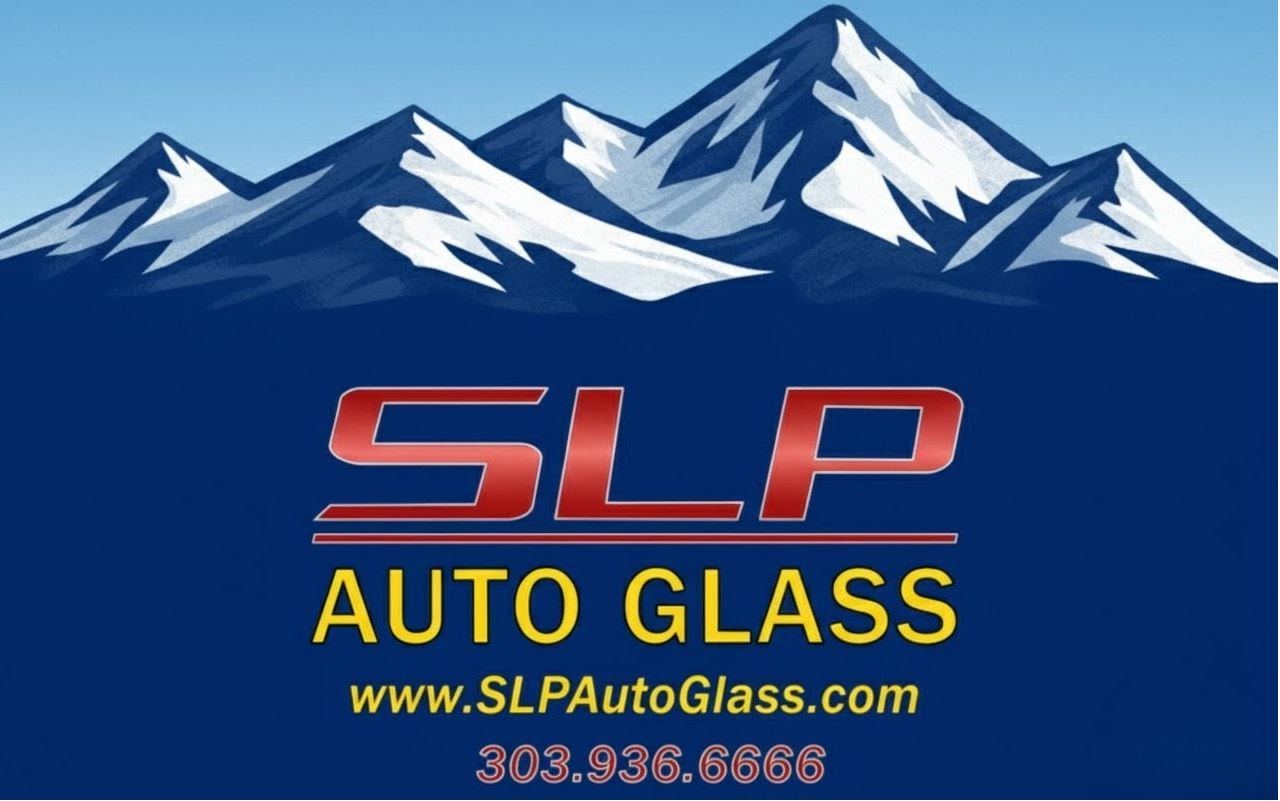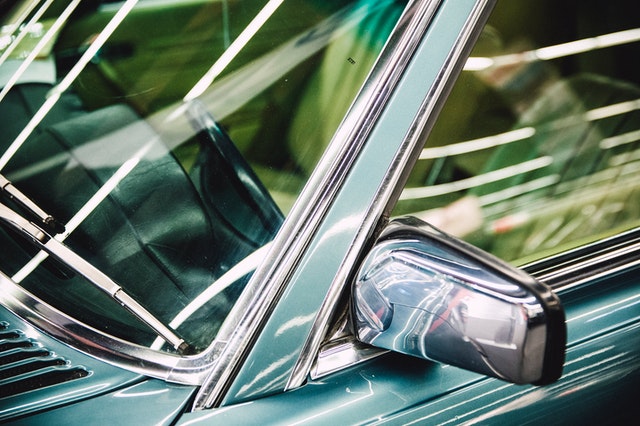Along with health and animals, automobiles are one of the most popular myth topics. Manual transmissions are more fuel-efficient. You need to warm up your engine in the cold. These are all fibs we’ve heard over and over. But fairytales don’t just involve your engine; there are plenty of myths about your windshield.
Here’s something that’s not a myth: windshields and auto glass are extremely underrated and overlooked in terms of strength. In fact, windshields can be five times stronger than steel. So, the topic of auto glass is littered with misinformation.
Here are a few of those myths.
Myth 1: A Windshield Can’t Break
As stated, a windshield can be stronger than steel. While some people discount the overall toughness, some people exaggerate their windshield’s integrity. It’s common for someone to glaze over flying debris or hazards because they believe windshields can’t shatter. Myths around your windshield usually involve its strength.
Truth:
Autoglass can break. It’s as simple as that. Everything can break with enough force.
Windshields are two panes of tempered glass with a laminate between them. This laminate acts as a resin of sorts. Therefore, when the windshield breaks, it splits into larger shards and gets stuck in the resin. Ultimately this keeps the glass from breaking through, but not from breaking overall.
Technically there are shatter-proof windshields, but they are often used in bullet-proof vehicles, not your typical car.
All in all, be careful. A windshield can break, despite technology continuing to advance the overall strength.
Myth 2: All Chips Are the Same
A chip is a chip. Right? All that matters is the size of the crack. A small chip is just as impactful as a large one.
Truth:
There is an array of different types of chips. There are combination breaks, star breaks, stress cracks and bullseyes. Simply put, not every chip is the same.
The way that each of these types of chips spread is drastically different. Some make the window more fragile to further breakage than others. Some really on car vibrations and the temperature differential of the area you reside.
Ultimately, make sure to get a chip checked out by a professional as soon as you can. Certain types of chips are certainly more worrisome than others. Like all automotive myths, not worrying about a simple chip in your windshield can be detrimental.
Myth 3: Any Damage Equals a New Windshield
While on the topic of chips, let’s speak of the extent of the damage. Many believe that a crack or small chip results in the same ending: a brand new windshield. If you get a knick, get the wallet ready. The only way to fix this is a whole new pane of glass.
Truth:
As stated, every chip is different.
Resin injections can repair small chips and cracks. On the contrary, fixing a small chip or crack as soon as possible will save you from having to buy a whole windshield.
It’s much, much cheaper to get the damage fixed immediately instead of waiting. So, the next time someone tells you to hold off on a chip repair because it’ll result in the same cost as a new windshield, ignore them. Or, if you’re a good friend, let them know they’re wrong.
Auto Glass repair companies like SLP Auto Glass can fix any problem, big or small.
Myth 4: Repairs Are Costly
When it’s time for a new windshield, it’s time for a new mortgage. You better prepare to sell all of your stock. Windshield replacements are costly and will put your car in a shop for a week, at least.
Truth:
Despite the ever-growing technology in auto glass safety, the cost of windshields and auto glass repair is more price-efficient than you may believe.
Secondly, most insurance companies will cover or help pay for auto glass repairs. It is always worth a shot to contact them for a claim. Along with this, if you are at higher risk for chips and cracks, choose a policy that has these issues included; it will save you in the long run.
Repair services like SLP Auto Glass will help you fill out your insurance claim. It never hurts to ask for help, especially from a certified professional. Most repair companies offer warranties on your glass repairs, too.
As far as time goes, repairing your windows is a quick and easy process. Most services will come to you remotely. There’s usually no need to take your car to a shop for more than a quick visit. If your repair company needs your car for a day or more, you might be working with the wrong people.
Myth 5: Your Insurance Will Rise
Speaking of insurance. Reporting a windshield issue, like any damage, will spike your insurance prices. Beware.
Truth:
Everything is circumstantial.
While the integrity of your windshield is crucial to your safety and your car’s health, insurance companies often see windshield issues as minuscule in the grand scheme. As opposed to other damages, auto glass issues are much less expensive.
More than likely, reporting a glass issue will not increase your insurance policy by much, if at all if you’re not a repeat offender. Of course, the more issues you run into, the higher your insurance will be, regardless of what your claims are.
If this is your first claim or you’ve only had a few, don’t worry. Most likely, the insurance company will not increase your policy by much over something as small as a windshield.
Myth 6: You Can Replace Your Windshield at Home
We’ve all got that friend. We all know that person that can fix it themselves. There’s no problem with them fixing your auto glass in their garage. Crisis avoided!
Truth:
Installing a windshield is an integral process. A windshield does more than just brave the elements. It also keeps your roof from caving in and keeps your airbags working correctly. Therefore, your windshield must be installed correctly and professionally.
Your safety is not worth less than getting your car fixed by a professional; this goes for auto glass, as well. Windshields should meet or exceed OEM standards and be installed with proficiency.
Completely ignore these myths about your windshield.
Content reviewed and published by SLP AutoGlass Editorial Team.

